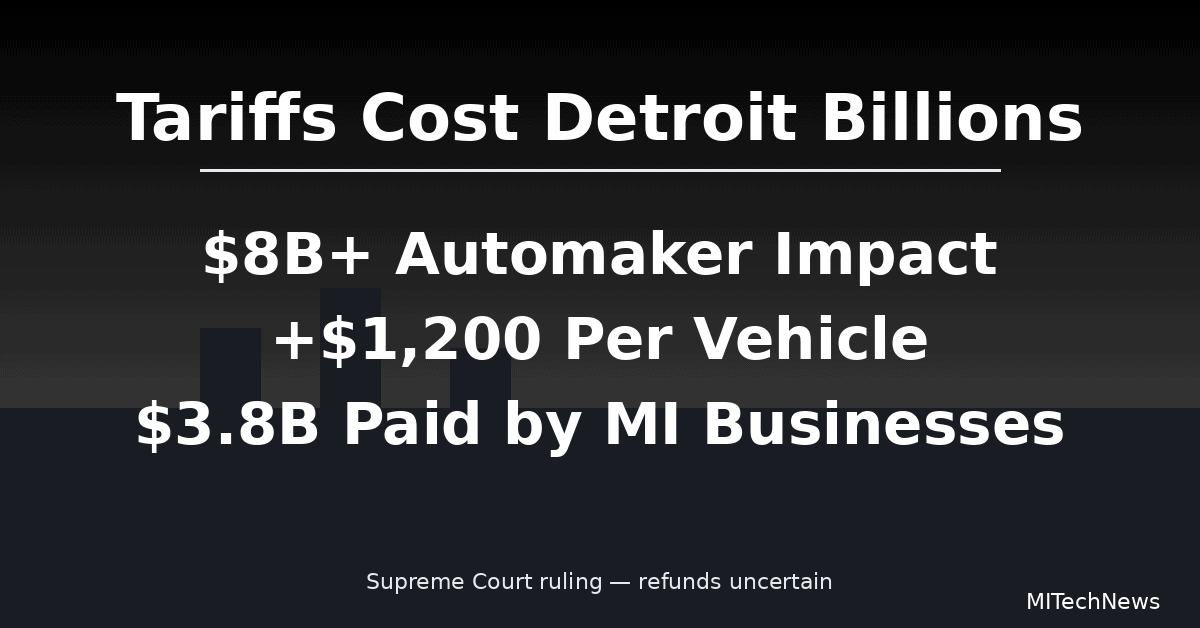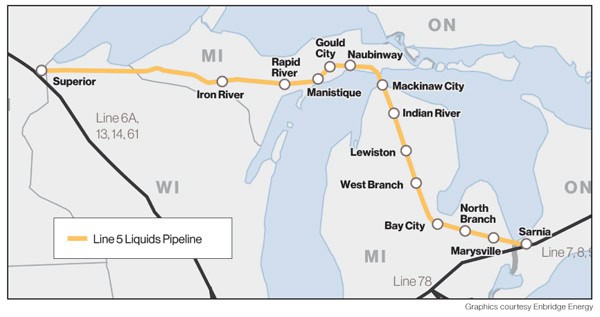LANSING – Michigan Attorney General Dana Nessel unveiled 12 initiatives Thursday aimed at cracking down on Michigan’s robocalling problem, as roughly 1.3 billion robocalls have been placed to residents so far in 2019.
Part of the initiatives will include launching a statewide educational speaking tour next year to educate residents on robocalls, introducing a “scam tracker so residents can learn about current or past robocalling tactics and partnering with agencies like the Federal Communications Commission, the Better Business Bureau and other stakeholders to crackdown on robocalling.
A complete list of initiatives can be found online. By enacting these measures, Nessel said she hopes Michigan can not only get a handle on its own robocalling problems but become a national leader in dealing with the issue.
“Today, not only are we announcing Michigan’s Robocall Crackdown Team, we are positioning Michigan as the leading state in cracking down on the overwhelming amount of illegal robocalls targeting our residents,” Nessel said. “We’re also sending a clear message that illegal robocalls are not welcome here.”
In addition to the initiatives, the state has rolled out a reporting portal for those who have been victims of robocalling scams to alert Nessel’s office of the act. This can be done either online or by calling (877) 765-8388. By collecting this data, the office hopes to gain a broader idea of how prevalent robocalling is in the state along with how much residents lose when victimized by these scams. It will then be shared with the FCC.
The amount of money Michigan residents lose to robocalling is currently unknown, though it is noted that elderly individuals are more likely to fall victims to these types of scams.
Both legal and illegal forms of robocalling exist. Robocalls are considered legal when done by a person or business of whom someone is a customer, the receiver of the call has given the caller a prior OK to contact them, when it is a charitable organization calling, when the call is requesting donations for public safety organizations or when it is a political party, politician or political action committee calling.
Robocalls are illegal when the receiver is already listed on the national do not call registry, when the caller is attempting to sell goods or services for more than $25 or when the number displayed on Caller ID is fake, misleading or inaccurate. It is also illegal when the caller does not provide their full name, who they are calling for or provide a callback number that – if called – will be answered by a live operator.
“Just like you wouldn’t open your door at home and give a stranger standing there a copy of your Social Security card, you don’t want to give any information out on the phone to someone you don’t know,” said Scott Stevenson, president of Telecommunications Association of Michigan, adding that he wanted to thank Nessel and her staff for “shedding a spotlight on an issue that is really important.”
This story was published by Gongwer News Service.






